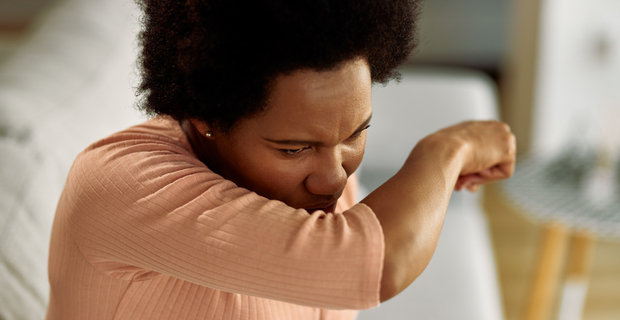Cold & flu
7 Signs it’s time to visit urgent care for a cough
Not sure if your cough needs medical attention? Here are 7 signs it’s time to visit urgent care and what to expect during your visit.

Cold & flu
Not sure if your cough needs medical attention? Here are 7 signs it’s time to visit urgent care and what to expect during your visit.